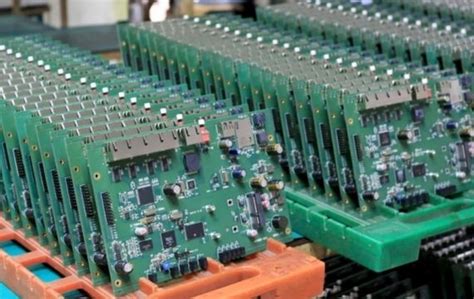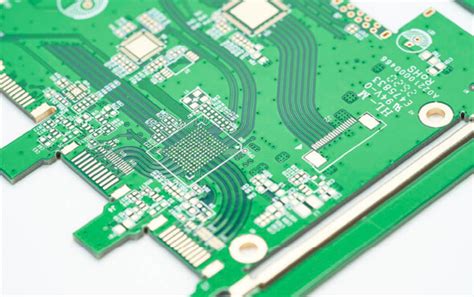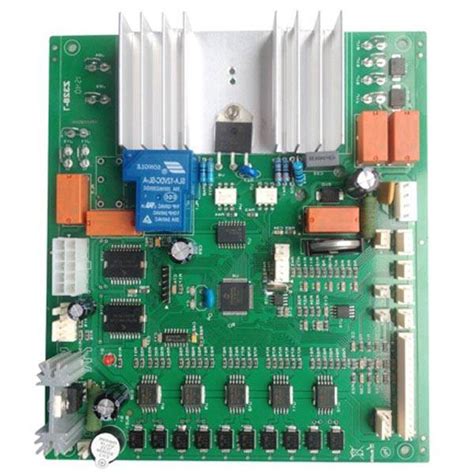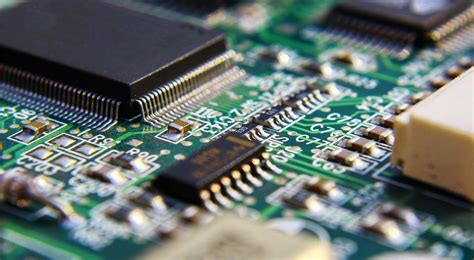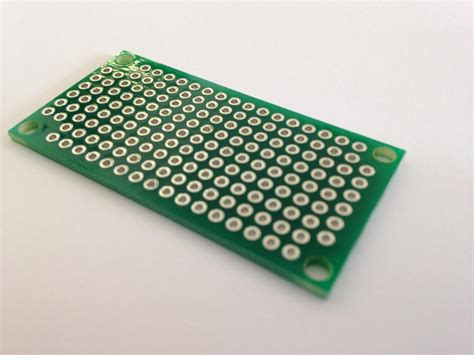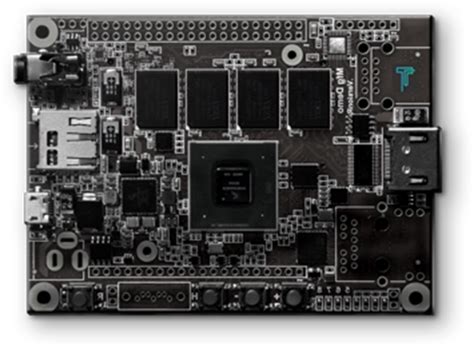OEM PCB Assembly Benefits for Electronics Manufacturing
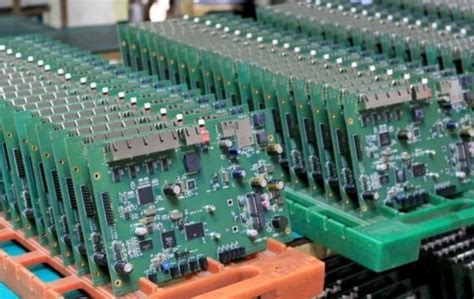
Key Takeaways
When exploring PCB manufacturing partnerships, you gain access to specialized expertise that optimizes design and assembly. Leading PCB manufacturing companies leverage advanced technologies to reduce PCB manufacturing cost while maintaining precision—critical for scaling production without compromising quality. By outsourcing to an established PCB manufacturing business, you eliminate upfront investments in equipment and training, freeing capital for innovation.
| In-House vs. OEM PCB Solutions | ||
|---|---|---|
| Expertise | Limited technical scope | Specialized engineering teams |
| Scalability | Fixed capacity | Flexible production tiers |
| Cost Structure | High overheads | Pay-per-project models |
Tip: Partnering with OEM providers ensures compliance with industry standards like ISO 9001, reducing risks in complex electronics projects.
Transitioning to OEM services streamlines workflows by consolidating prototyping, testing, and assembly under one roof. This end-to-end approach minimizes delays caused by fragmented supply chains. For example, advanced OEM PCB solutions enable real-time progress tracking, ensuring transparency at every stage.
By prioritizing quality assurance and cost predictability, you future-proof operations against market volatility. Whether scaling up for mass production or refining prototypes, OEM partnerships adapt to your evolving needs—making them indispensable in competitive electronics markets.
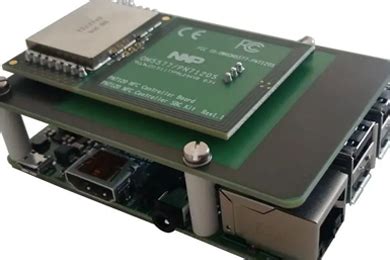
Cost-Efficient OEM PCB Assembly Solutions
When optimizing your electronics production, partnering with PCB manufacturing companies specializing in OEM services can significantly reduce PCB manufacturing cost while maintaining quality. By leveraging their established infrastructure and bulk purchasing power, you avoid upfront investments in equipment, materials, or specialized labor. These providers utilize economies of scale to source components at lower rates and streamline assembly workflows through PCB manufacturing best practices, such as automated testing and precision soldering.
For businesses focused on scaling, outsourcing to experts ensures predictable pricing models, eliminating hidden expenses tied to in-house PCB manufacturing business operations. Advanced process optimization—like panelization and waste reduction—further drives down unit costs. Additionally, access to cutting-edge technologies (e.g., surface-mount device placement) minimizes errors and rework, translating to faster time-to-market.
By collaborating with OEM partners, you reallocate resources toward core competencies like R&D or market expansion, while relying on their expertise to handle cost-sensitive aspects of production. This approach not only lowers overhead but also future-proofs your supply chain against volatility in material pricing or demand fluctuations. The result? A leaner, more agile manufacturing strategy that aligns with your financial goals.
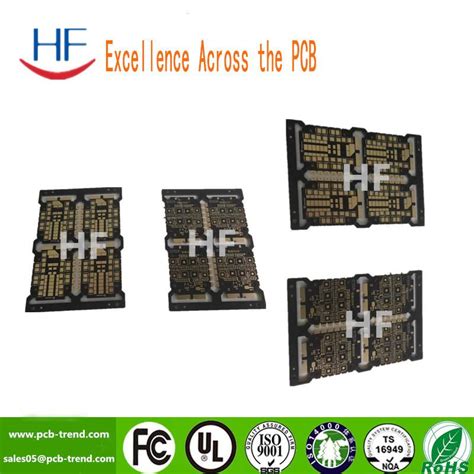
Expertise in OEM PCB Manufacturing Services
When you partner with established PCB manufacturing companies, you gain access to specialized technical knowledge that elevates your product’s performance. These providers bring decades of experience in optimizing PCB manufacturing processes, from material selection to precision etching, ensuring your designs meet industry standards without compromising on reliability. Scalability becomes seamless, as their infrastructure supports both low-volume prototyping and high-volume production—critical for adapting to market demands.
A key advantage lies in managing PCB manufacturing cost effectively. By leveraging advanced automation and bulk material sourcing, OEM partners reduce waste and overhead, translating to competitive pricing for your business. They also navigate complex regulatory requirements, such as IPC Class 3 or ISO certifications, which might otherwise strain internal resources.
For those running a PCB manufacturing business, collaboration with OEM experts means focusing on core competencies like R&D while outsourcing technical execution. This division of labor accelerates time-to-market and minimizes risks associated with in-house production delays. Whether refining existing designs or exploring cutting-edge technologies like HDI boards, their expertise ensures your electronics stay ahead in a rapidly evolving industry.
Scalable PCB Production for OEMs
When scaling your electronics production, partnering with PCB manufacturing companies ensures flexibility to match market demands without compromising quality. Scalable solutions allow you to adjust order volumes dynamically—whether ramping up for peak seasons or testing smaller batches for new product launches. This agility minimizes PCB manufacturing cost risks, as you only pay for what you need, avoiding overstock or underproduction.
Advanced PCB manufacturing workflows integrate modular production lines, enabling rapid transitions between designs and quantities. For OEMs, this means faster time-to-market and the ability to pivot when customer requirements shift. By leveraging economies of scale through established PCB manufacturing business partners, you sidestep the capital-intensive overhead of maintaining in-house facilities.
Moreover, scalability extends beyond volume. Reputable providers offer tiered testing protocols and material options, ensuring cost-efficiency aligns with performance standards. This approach future-proofs your operations, letting you adapt to evolving technologies while maintaining consistent quality across all production phases.
Streamlining Electronics Manufacturing Processes
By leveraging PCB manufacturing partnerships, you can eliminate redundancies across design, prototyping, and production phases. Leading PCB manufacturing companies integrate advanced automation and standardized workflows, reducing manual interventions that slow down timelines. For instance, design-for-manufacturability (DFM) analysis is often embedded early in the process, minimizing redesign cycles and accelerating time-to-market.
A streamlined approach also optimizes PCB manufacturing cost by consolidating material sourcing, testing, and assembly under one provider. This reduces logistical overhead and ensures consistent quality control—critical for maintaining compliance in regulated industries like medical devices or aerospace. Moreover, scalable infrastructure allows you to adjust production volumes without retooling expenses, making it easier to respond to fluctuating demand.
For businesses scaling their PCB manufacturing business, process standardization becomes a competitive advantage. Automated assembly lines and real-time monitoring systems ensure precision at high speeds, while cloud-based collaboration tools enable seamless communication between your team and OEM partners. This becomes particularly valuable when handling complex multi-layer boards or specialty substrates.
Ultimately, the synergy between your engineering expertise and an OEM’s technical capabilities creates a holistic manufacturing ecosystem. Transitioning to integrated workflows not only cuts waste but also frees your resources to focus on innovation rather than operational bottlenecks.
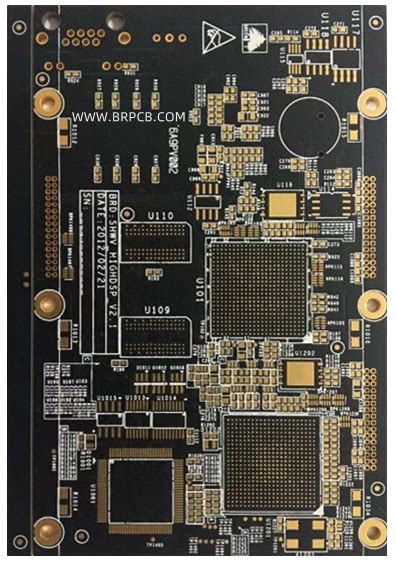
Reducing Costs With OEM PCB Services
When scaling your electronics production, partnering with PCB manufacturing companies for OEM services can significantly lower your PCB manufacturing cost without compromising quality. By leveraging established supply chains and bulk material purchasing, these providers minimize overhead expenses that typically burden in-house operations. For example, outsourcing eliminates the need for capital investments in equipment or specialized facilities, allowing you to redirect funds toward R&D or market expansion.
Advanced process optimization employed by experienced PCB manufacturing teams ensures fewer design errors and faster turnaround times, reducing costly rework. Additionally, PCB manufacturing business models often include volume-based pricing, enabling predictable budgeting as demand fluctuates. This approach not only streamlines your workflow but also mitigates risks associated with inventory management, as many OEMs handle component sourcing and storage.
By integrating their expertise into your supply chain, you gain access to economies of scale typically reserved for larger enterprises. Whether you’re prototyping or ramping up mass production, this collaboration ensures cost-effective scalability while maintaining adherence to industry standards—a critical advantage in competitive markets.
Quality Assurance in OEM PCB Assembly
When partnering with PCB manufacturing companies for OEM solutions, rigorous quality assurance (QA) protocols become critical to ensuring reliability in your electronics production. Leading providers integrate automated inspection systems, such as AOI (Automated Optical Inspection) and X-ray testing, to detect microscopic defects in PCB manufacturing processes. These checks minimize risks like solder bridging or component misalignment, which could escalate PCB manufacturing cost through rework or recalls.
A robust QA framework also involves material traceability and compliance with industry standards like IPC-A-610. By prioritizing process controls, you gain consistency across batches—whether prototyping or scaling your PCB manufacturing business. This becomes particularly vital when handling complex designs or high-density interconnect (HDI) boards, where even minor deviations can compromise performance.
Moreover, certified PCB manufacturing partners often employ statistical process control (SPC) to monitor production trends, allowing proactive adjustments before issues arise. This systematic approach not only safeguards product integrity but also aligns with cost-optimization goals, as fewer defects translate to lower waste and faster time-to-market. For OEMs, such end-to-end QA integration ensures that every assembly meets both technical specifications and long-term durability expectations.
End-to-End OEM PCB Assembly Benefits
When you opt for end-to-end OEM PCB assembly services, you gain access to a fully integrated production pipeline that eliminates fragmented workflows. By collaborating with established PCB manufacturing companies, you streamline everything from design validation to final testing, ensuring tighter control over PCB manufacturing cost and timelines. This approach minimizes logistical bottlenecks, as single-source providers handle component procurement, fabrication, and assembly under one roof—reducing risks of miscommunication or delays.
Scalability becomes more predictable, too. Whether ramping up for high-volume orders or adapting to niche requirements, PCB manufacturing business models built on end-to-end solutions offer flexible capacity adjustments without compromising quality. Advanced testing protocols, such as automated optical inspection (AOI) and functional testing, are typically embedded into the process, aligning with rigorous industry standards.
Moreover, consolidating your supply chain with a partner skilled in PCB manufacturing mitigates hidden expenses like shipping errors or redundant quality checks. The result? Faster time-to-market, optimized resource allocation, and a stronger foundation for innovation—critical advantages in an industry where precision and agility define success.
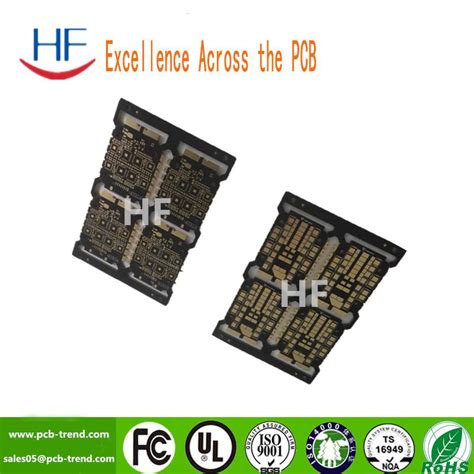
Future-Proofing With OEM PCB Expertise
When scaling your electronics production, partnering with PCB manufacturing companies that offer OEM expertise ensures your operations stay agile amid rapid technological shifts. These providers combine specialized knowledge of PCB manufacturing processes with cutting-edge tools, allowing you to adopt innovations like high-density interconnects or advanced thermal management without heavy upfront R&D investments. By leveraging their economies of scale, you can optimize PCB manufacturing cost while maintaining compliance with evolving industry standards—critical for sectors like automotive or IoT where regulatory demands are stringent.
A robust PCB manufacturing business model prioritizes scalability and flexibility, enabling you to adjust production volumes or pivot designs swiftly as market needs change. For instance, OEM partners often provide modular workflows, letting you integrate new components or materials without disrupting timelines. This proactive approach not future-proofs your supply chain but also minimizes risks tied to obsolete technologies. Moreover, consistent quality control frameworks embedded in OEM services ensure long-term reliability, reducing the likelihood of costly recalls. By aligning with experts who anticipate trends in PCB manufacturing, you secure a competitive edge in delivering next-generation electronics efficiently.
Conclusion
When optimizing your electronics production, partnering with PCB manufacturing companies offers a strategic advantage. By outsourcing PCB manufacturing, you gain access to specialized expertise that ensures precision in design and assembly, while avoiding the overhead of maintaining in-house facilities. This approach directly addresses PCB manufacturing cost challenges, allowing you to allocate resources toward innovation or market expansion. Scalability becomes seamless, as established providers adapt to fluctuating demands without compromising turnaround times or quality.
For businesses in the PCB manufacturing business, consistent quality assurance is non-negotiable. Reputable partners adhere to rigorous testing protocols, minimizing defects and ensuring compliance with industry standards. Additionally, end-to-end solutions streamline workflows—from prototyping to bulk production—reducing logistical complexities. Future-proofing your operations becomes achievable through continuous technological upgrades offered by experienced vendors, keeping your products competitive in evolving markets.
Ultimately, leveraging PCB manufacturing expertise not only cuts operational expenses but also accelerates time-to-market, positioning your enterprise for sustained growth in a dynamic industry.
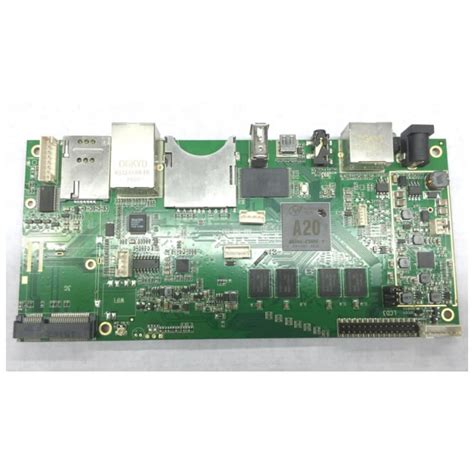
Frequently Asked Questions
How does partnering with PCB manufacturing companies affect production timelines?
By collaborating with experienced providers, you gain access to optimized workflows that reduce lead times. These firms leverage established supply chains and automated processes, ensuring faster turnaround without compromising quality.
What factors influence PCB manufacturing cost in OEM projects?
Costs depend on design complexity, material choices, and order volume. High-volume production runs often lower per-unit expenses, while advanced technologies like multilayer boards may increase initial investments. Reputable PCB manufacturing partners provide transparent pricing models to align with your budget.
Can PCB manufacturing business services scale with growing demand?
Yes, OEM-focused providers design scalable solutions that adapt to your needs. Whether you require prototype batches or mass production, they adjust capacity and resources to maintain consistency across all stages.
How do PCB manufacturing firms ensure quality control?
Certified partners implement rigorous testing protocols, including automated optical inspection (AOI) and functional testing. Real-time monitoring systems track every production phase, minimizing defects and ensuring compliance with industry standards.
Ready to Optimize Your PCB Manufacturing Process?
Explore our comprehensive OEM PCB solutions tailored to your needs. Please click here to discover how we streamline PCB manufacturing cost and enhance production efficiency for your business.

